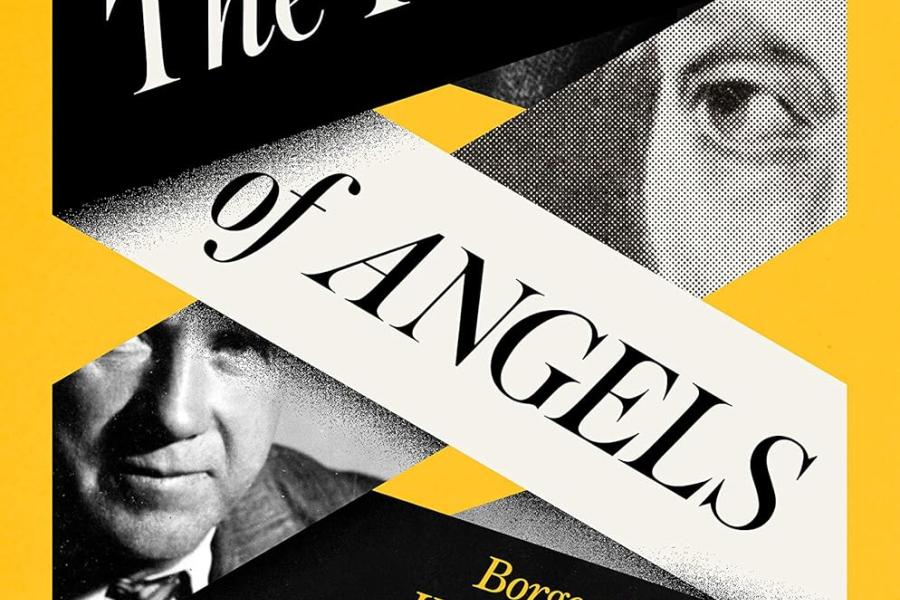A writer, a physicist, and a philosopher walk into a bar ... While this could be the hoary setup for a groan-inducing joke, replace "bar" with "book" and you have the gist of The Rigor of Angels: Borges, Heisenberg, Kant, and the Ultimate Nature of Reality. Johns Hopkins humanities Professor William Egginton eruditely explores how three greats—Argentinian writer Jorge Luis Borges, German physicist Werner Heisenberg, and Prussian philosopher Immanuel Kant— explored across divergent fields the possibilities and paradoxes of the illusive thing we call reality.
Most of us go through life never questioning the sanctity of the space-time continuum, pondering if there's an edge to the universe, or wondering how observing a thing might change the thing itself. But this trio was drawn to such queries, where the conventional understanding of the world peeled away. The mysteries of Heisenberg's uncertainty principle say we can know a subatomic particle's speed or location but never both at once. One of Borges' mind-bending metafictions concerns a disc in a cellar that just happened to contain the entire cosmos. (Small wonder to learn that an elderly and blind Borges visited Baltimore to run his hands over the headstone of a literary hero: Edgar Allan Poe.)
As director of the Alexander Grass Humanities Institute, Egginton is chief cheerleader for the humanities on a very STEM-y campus. His message: One can explore the fringes of human understanding with just a probing mind and an unshackled imagination, no need for mathematical equations and lab equipment. Discoveries from all corners of the intellectual spectrum contribute to our collective understanding of the human condition. Rigor of Angels proves this point with elegance and wit while offering aha moments on nearly every page.
Posted in Voices+Opinion
Tagged book reviews








